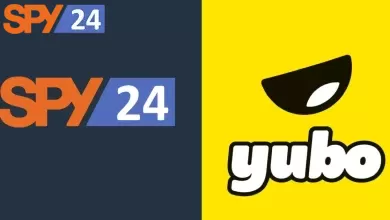Best Satellite Internet Providers of 2023
Looking for the best satellite internet provider in 2023? We’ve done the research and analysis to help you make an informed decision. We looked at factors like download speeds, data caps, and prices to find the top contenders. After crunching the numbers, it’s clear that Viasat comes out on top for lightning-fast speeds and ample data, while HughesNet may be a more budget-friendly option. And if you’re looking for a provider with huge potential, keep an eye on Starlink!
- Viasat is the top choice for the fastest speeds and ample data
- HughesNet is a more affordable option for those on a budget
- Starlink is a provider with the potential to keep an eye on
Finding reliable internet in rural areas can be a challenge, but satellite internet has made it possible. If you’re looking for the best satellite internet provider in 2023, you have a few solid options to choose from.
Viasat (formerly Exede) and HughesNet are two of the top contenders in the market. Out of the two, Viasat is the clear winner when it comes to speed and data caps. With download speeds of up to 100 Mbps and data caps of up to 150 GB, it’s no surprise that Viasat has become a popular choice among rural residents who need reliable and fast internet.
However, if you’re on a budget, HughesNet might be the better choice for you. Although its speeds max out at 25 Mbps and data caps are smaller, with prices starting at $74.99 a month (after 6 months), HughesNet offers an affordable option for those who don’t need lightning-fast speeds or large amounts of data.
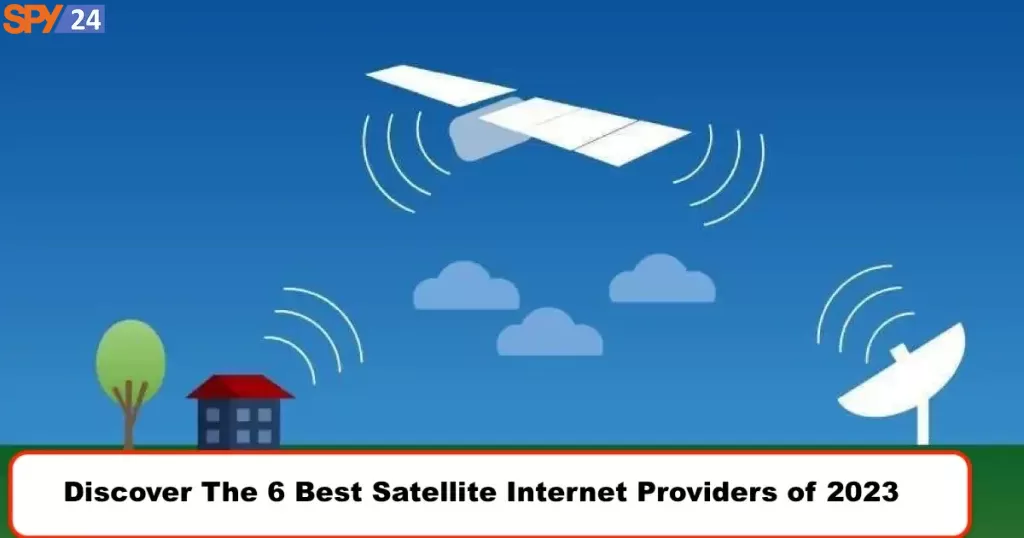
But what about Starlink? Elon Musk’s satellite venture has been making headlines lately, and for good reason. Starlink is finally out of beta and offers some impressive features, like fast download speeds and unlimited data. However, it’s important to note that Starlink’s residential satellite internet plan is currently only available in 33 states and is priced over $100 a month. While it may not be the most accessible option just yet, it’s worth keeping an eye on as it expands and improves its service.
Ultimately, when it comes to choosing the best satellite internet provider, there’s no one-size-fits-all answer. You’ll need to consider your specific needs, such as how much data you require and how fast you need your internet to be, in order to make the right decision. Fortunately, with options like Viasat, HughesNet, and Starlink, you’re sure to find a satellite internet provider that meets your needs and fits your budget.
Is Satellite Internet Your Only Option? Here’s What to Consider Before You Subscribe
Satellite internet might not be the best internet option out there, but for some people living in remote areas, it may be the only option available. However, before you subscribe to a satellite internet plan, it’s important to weigh your options.
While internet providers are expanding their networks and new, local providers are emerging, it’s worth checking if you can access a non-satellite provider like AT&T, CenturyLink, or Suddenlink. These providers may offer better internet plans than satellite internet, so it’s worth considering.
If satellite internet is your only option, there are a few things to consider. Firstly, you need to understand that satellite internet is not as fast as cable or fiber internet, and some DSL internet. It may not offer the same download and upload speeds or be suitable for activities such as gaming or streaming.
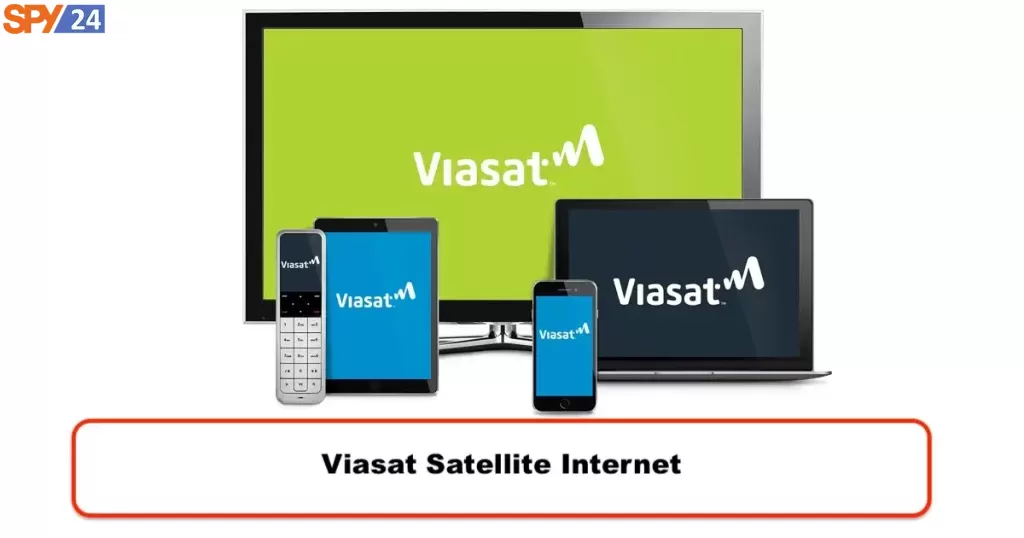
You should also be aware of data caps and high latency that come with most satellite internet plans. It’s important to understand how much data comes with the plan and whether it is enough for your needs. Additionally, high latency can make online activities laggy, so this is something to consider before subscribing.
Lastly, the cost of equipment and installation is something to keep in mind. The equipment for satellite internet may cost more than equipment for cable, fiber, or DSL internet. You may need a professional installer to set up the dish, and there may be additional costs if you need to move your satellite dish to a new location.
A Guide to Buying Satellite Internet: 5 Important Considerations
here are the five things you should check when buying satellite internet, with titles for each one:
- Download and Upload Speeds
When considering satellite internet, it’s important to take a close look at the download and upload speeds offered by different providers. While Viasat and Starlink offer the fastest download speeds at 100 Mbps, most satellite internet plans come with much slower upload speeds, which can make activities like uploading large files or videos a slow process.
- Data Caps
Many satellite internet plans come with relatively low data caps, which can be a problem for users who frequently stream movies or participate in online activities that require a lot of data. While some providers do offer the option to add more data, this can be an expensive proposition.
- Latency
Satellite internet is known for its high latency, which can make certain activities like gaming or video calls laggy or frustrating. However, newer providers like Starlink are using different satellite technologies that can offer lower latency and faster performance.
Note: Compared to other satellite internet providers like Viasat and HughesNet, Starlink uses a unique satellite technology that enables it to have lower latency. Starlink’s satellites are positioned closer to the Earth, resulting in shorter travel time for your signal to reach the satellite and return back to you.
- Equipment and Installation Fees
Satellite internet requires specific equipment, including a satellite dish or receiver, which can be more expensive than the equipment required for other types of internet service. In addition to the cost of equipment, you may also need to pay for professional installation, which can cost around $100.
- Availability
While satellite internet is technically available throughout the US, different plans and prices may not be available in every area. Additionally, newer providers like Starlink are still in the process of rolling out their service and may not be available in all regions yet. It’s important to check the availability of different providers in your area before making a decision.
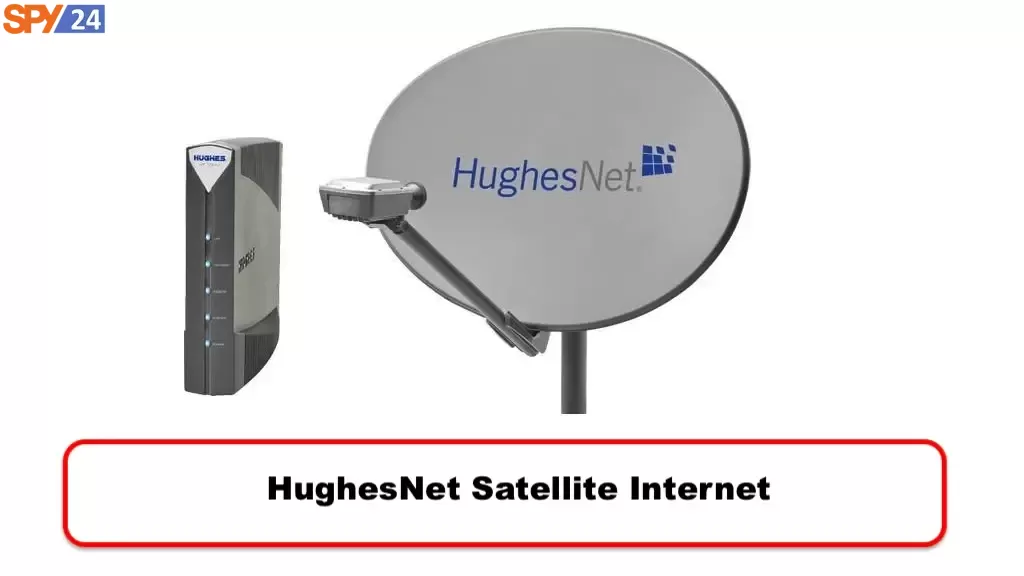
The Pros and Cons of Satellite Internet
Pros:
Availability: Satellite internet is available almost everywhere in the US. Unlike cable or fiber internet, which may not be available in rural areas, satellite internet is accessible no matter where you live.
Speed: Satellite internet is usually faster than DSL or dial-up internet, which can be beneficial if you live in an area with limited internet options. However, it’s not as fast as fiber or cable internet.
Flexibility: Satellite internet is a good option for basic internet use, such as browsing and emailing, and can even support occasional video streaming. Just be mindful of data caps.
Cons:
Data caps: Most satellite internet plans have data caps, which means that once you reach a certain amount of data usage, your internet speeds will slow down. This can be frustrating if you stream videos, play online games, or have a large household that requires a lot of data.
Latency: Sending information to space and back takes extra time, which means satellite internet has higher latency than other types of internet. This can cause delays in online activities such as gaming and video calls.
Cost: The average cost of satellite internet (around $100 per month) is higher than other types of internet, such as DSL or cable. Additionally, there may be additional costs for equipment and installation.
Affordable Satellite Internet: HughesNet’s Plans and Benefits
HughesNet, a satellite internet provider with a large customer base of over one million rural homes in the US, offers affordable plans without price hikes. While their internet speeds max out at 25 Mbps, which may be slower than some other providers, HughesNet provides generous data allowances of up to 75 GB per month (and 100 GB for Fusion Plans), making it an excellent choice for those with lower data needs. They also offer “Bonus Zone” data, which provides an additional 50 GB of data for use during off-peak hours.
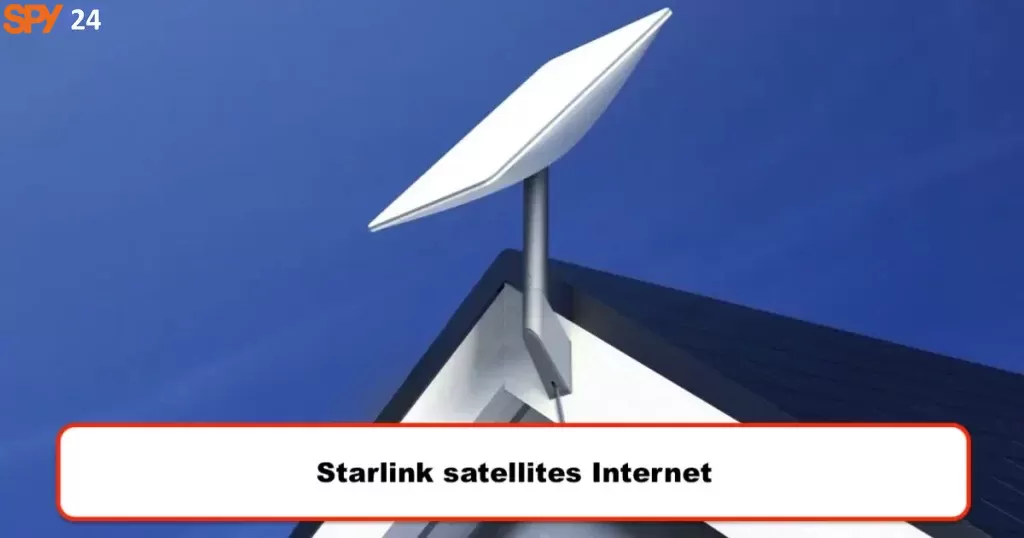
Service Provider: HughesNet
Customer Base: Over one million rural homes in the US
Affordability: Offers affordable plans without price hikes
Speed: Internet speeds max out at 25 Mbps
Data Allowances: Generous data allowances of up to 75 GB per month (100 GB for Fusion Plans)
“Bonus Zone” Data: Provides an additional 50 GB of data for use during off-peak hours.
Is HughesNet the Best Satellite Internet Provider for You?
If you’re living in a rural area and looking for an affordable satellite internet provider, HughesNet might be the right choice for you. While its internet speeds max out at 25 Mbps, the company offers the lowest long-term prices and has a track record of serving over one million rural homes in the US. HughesNet plans also don’t come with massive price hikes like some other providers, and they offer a Bonus Zone where you can use extra data during off-peak hours. Moreover, HughesNet Fusion plans are available to customers who want more out of their internet connection, and these use a combination of satellite and Earth-based wireless networks to address issues with latency.
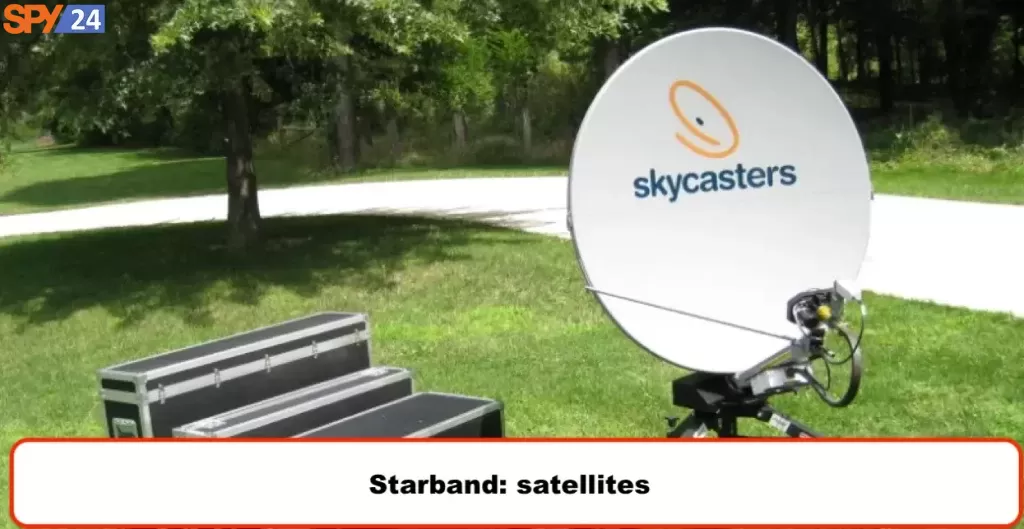
With proven technologies that have been used in business internet for years, HughesNet Fusion plans are an excellent option for those who use real-time activities like games, live streaming, and video chat. Lastly, HughesNet technically offers unlimited satellite internet, which is a huge plus for those who surpass their data allotment, but it may cause the internet speed to slow down.
HughesNet plans and pricing
| Data plan | Price | Speed |
| Satellite-only 15 GB | $64.99/mo. | 25 Mbps |
| Satellite-only 30 GB | $49.99/mo.* | 25 Mbps |
| Fusion 50 GB | $74.99/mo.* | 25 Mbps |
| Fusion 100 GB | $124.99/mo.* | 25 Mbps |
HughesNet offers competitively priced internet plans that provide better value than Viasat’s lower data plans. The prices are fixed for the 2-year contract period, which is great news for budget-conscious consumers. However, when you add a 50 or 100 GB plan to your cart, the initial cost can significantly increase.
Viasat: High-Speed Satellite Internet for Rural Areas
Viasat is a popular satellite internet provider that offers generous data allowances of up to 150 GB per month. This makes it an excellent option for those who live in rural areas and need reliable internet for everyday use. Viasat’s speeds can reach up to 100 Mbps in many locations, which is faster than many other satellite internet providers.
One of the advantages of Viasat is its wide availability, so you can get internet access in areas where other types of connections might not be available. However, one thing to keep in mind is that Viasat’s prices tend to go up after the first three months of service, so be sure to factor that into your decision-making process.
If you’re looking for fast internet speeds and a high data cap for your rural home, Viasat might be a good choice for you. Just be prepared for potential price increases down the line.
- Viasat is a popular satellite internet provider with high data allowances of up to 150 GB per month.
- Viasat offers fast speeds of up to 100 Mbps in many locations, making it a reliable option for rural areas.
- Viasat has wide availability, making it accessible in areas where other types of connections might not be available.
- Viasat’s prices tend to go up after the first three months of service, so be aware of potential price increases.
Is Viasat Faster and Better than HughesNet for Rural Internet?
In some areas of North America, Viasat Internet offers speeds of up to 100 Mbps, which is four times faster than the top speed offered by HughesNet. Viasat also provides significantly more data than HughesNet, with its largest plan offering up to 150 GB of data per month, twice as much as HughesNet’s largest plan.
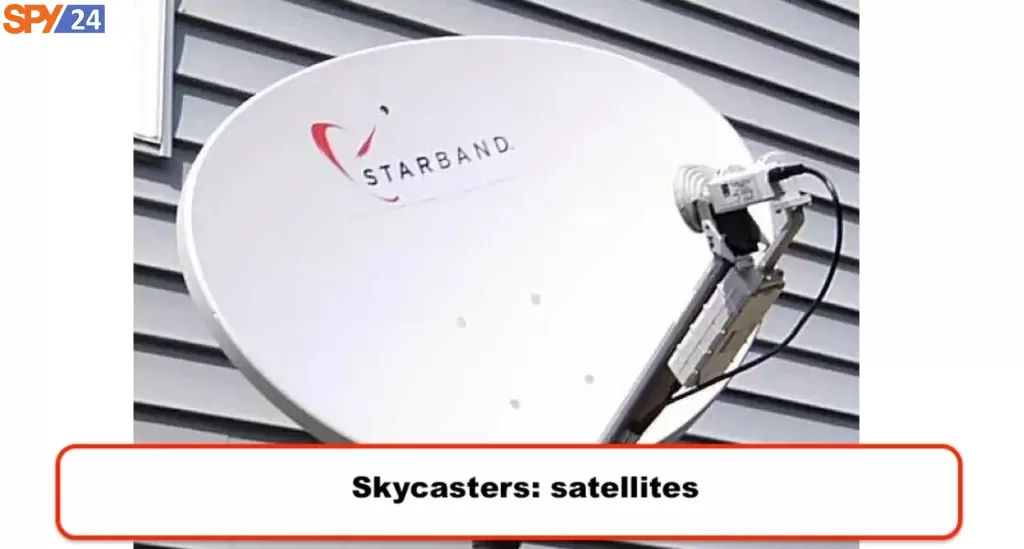
It’s important to note that Viasat’s plans vary by location, so the data caps and options available to you may differ from what is listed. This is because Viasat’s capacity is dependent on which geostationary satellite beam your home is under. However, we have compiled a table of the most common Viasat plans, so you can get an idea of what to expect.
Viasat plans and pricing
| Plan | Promo Price | Speed | Data Cap | Regular Price |
| Choice 25 Mbps/40 GB | $49.99/mo | Up to 25 Mbps | 40 GB | $69.99/mo |
| Choice 50 Mbps/60 GB | $69.99/mo | Up to 50 Mbps | 60 GB | $99.99/mo |
| Choice 75 Mbps/100 GB | $99.99/mo | Up to 75 Mbps | 100 GB | $150.05/mo |
| Choice 100 Mbps/150 GB | $149.99/mo | Up to 100 Mbps | 150 GB | $199.99/mo |
| Choice 100 Mbps/300 GB | $199.99/mo | Up to 100 Mbps | 300 GB | $300.00/mo |
Is Starlink Worth the Wait?
Starlink, a new satellite internet service, offers faster speeds and unlimited data at reasonable prices, making it an attractive option for those in need of reliable internet. However, with limited availability, joining a six-month waiting list is necessary. While the equipment cost ranges from $599.00 to $2,500.00, the monthly service fee is only $110.00 for unlimited data and $500.00 for Starlink Business.
Despite its benefits, Starlink’s limited availability remains a major drawback. Nonetheless, if you’re willing to wait, Starlink’s fast speeds and unlimited data make it a potential game-changer for those in need of reliable internet service.
- Starlink is a satellite internet provider with great potential, but it’s only available in limited areas.
- To get Starlink, you’ll need to join a six-month waiting list and pay an upfront cost of $599.00 to $2,500.00 for equipment.
- The monthly service for Starlink is reasonably priced at $110.00 for unlimited data and $500.00 for Starlink Business.
- Starlink offers faster satellite internet speeds and unlimited data, which is a significant advantage over some other satellite internet providers.
- However, the limited availability of Starlink is a downside and could make it difficult for some people to access the service.
Starlink: The Future of Satellite Internet?
Starlink, the satellite internet provider, is an enticing option for those who require fast-paced gaming, with high speeds and low latency provided by LEO satellites. While the equipment installation cost is significant, at $599 for residential and $2,500 for business, the monthly service charge for unlimited data is reasonable at $110 for residential and $500 for Starlink Business. However, Starlink is currently only available in limited areas, and there is a six-month waiting list to join. But if it’s available in your area, it may be worth investing in, especially since it has the largest data cap of all satellite internet providers, up to 1 TB per month in the daytime hours and unlimited at night. Starlink has just launched Starlink Business with even faster speeds, but with an even heftier equipment fee at $2,500 and a monthly charge of $500.
Starlink plans and pricing
| Plan | Price* | Equipment fee | Speed |
| Starlink Internet | $110.00/mo. | $599.00 | 50–250 Mbps |
| Starlink Business | $500.00/mo. | $2,500.00 | 150–500 Mbps |
Is Unlimited Satellite Internet a Reality?
While satellite providers claim to offer unlimited satellite internet, the claim is based on technicality, and in reality, truly unlimited satellite internet with no data caps or slowdowns does not exist.
Starlink, a newcomer in the satellite internet space, offers a 1 TB data cap during daytime hours and unlimited data during the night, which comes pretty close to the concept of unlimited satellite internet. However, it is still more difficult to obtain unlimited satellite internet than other types of internet, such as cable or fiber, due to the more complicated infrastructure of satellite internet systems.
Despite the current limitations, there is a possibility that unlimited satellite internet could become the standard in the future, just like how 1 Gbps speeds with cable were once thought to be impossible, but are now common.
What Is the Process for Installing Satellite Internet?
- Professional installation services and fees vary, so it depends on the satellite provider you choose and on where you live.
- For Viasat and HughesNet, you have to choose professional installation.
- With Starlink, you’ll get a self-installation kit and use an app to set everything up yourself.
- One thing to note: Viasat and HughesNet might offer free installation in one location but charge a fee in another.
- Most of the time, though, installation should be free.
- As for the actual pro installation process, it’s usually done by third-party contractors.
- So feel free to ask your satellite internet provider lots of questions and make sure to look over the paperwork carefully.
- If you live in a townhouse, condo, or any other living situation with a homeowners association (HOA), double-check that you’re allowed to install a satellite dish before you schedule installation.
Summary
Discover the top choices for satellite internet providers that can be found in most rural areas, including Viasat and HughesNet.
Viasat: Fastest Satellite Internet Speeds
For the fastest satellite internet speeds and unlimited data, Viasat is the ideal choice. With a maximum download speed of 150 Mbps, it outperforms HughesNet and provides more data and the opportunity for higher speeds.
HughesNet: Affordable Satellite Internet Plans
If you are looking for cheaper satellite internet plans, HughesNet is the way to go. With speeds of up to 25 Mbps and 15-100 GB of data, you can save money on your monthly bill without compromising much on speed.
Starlink: A Promising Newcomer
While not as widely available as Viasat and HughesNet, Starlink offers speeds of up to 100 Mbps and no data caps. However, the upfront equipment cost is significant, which may not be feasible for those on a tight budget, and its speed-to-price ratio may not be as competitive as other options. Keep an eye on this newcomer for future advancements.
FAQs
We hope you find this article on SPY24 useful! You can also read our other articles such as Best Parental Control App Free for Android and iPhone.
Is satellite internet a good option?
Satellite internet is a good option for people who have no other internet options. If you live in a rural or remote location, satellite internet is a great way to get online when you don’t have any other source of connection.
Is satellite internet fast?
Satellite internet is not as fast as fiber or cable internet, but it can reach speeds up to 500 Mbps with Starlink Business. As Starlink continues to develop its network, satellite internet speeds may get faster.
Can you get high-speed internet with satellite?
Satellite internet offers anywhere from 25–250 Mbps download speeds depending on the provider, so you can definitely get high-speed internet with satellites. However, there may still be latency issues with satellite internet compared to cable or fiber.
Is satellite internet the same as WiFi?
Satellite internet is an excellent way to get WiFi if you live in a rural or remote area, but a satellite internet connection and a WiFi network are slightly different things.
What is HughesNet Fusion?
HughesNet Fusion is a new plan option that combines satellite and wireless connections. It addresses the high latency that comes from the physical distance to a communication satellite by using additional equipment that connects to nearby wireless networks when performing latency-sensitive activities like playing games or using video chat.
Is Starlink faster than HughesNet?
Yes, Starlink is faster than HughesNet. While all HughesNet plans to provide 25 Mbps download speed, Starlink’s speeds can reach up to 100 Mbps.
How reliable is satellite internet?
Satellite internet can be reliable, as modern satellite equipment is built to withstand weather conditions like snow, ice, and rain. Even if there is a disruption during a bad storm, it should only be temporary.
How does satellite internet work?
Satellite internet works by sending data from a computer to a satellite dish on a house, then to a satellite in geostationary orbit above the Earth’s equator. The satellite then sends the data to an internet service provider, which sends it back to the computer.
SPY24 Install application free The Most Powerful Hidden Spying App to Monitor Android, IOS Cell Phone & Tablet Device Remotely. Best Android Parental Control App for Kids & Teens Online Safety.
Now take the liberty to monitor Android, and IOS devices with exclusive features better than ever before Monitor all Voice & Text Messages Communication records, Listen to & Watch Surroundings in Real-time Unleash Digital Parenting with Android, IOS Spy App Spy (Surround Listing & Front/Back Camera Bugging) IM’s VoIP call recording on Android OS 13 & above With 250+ Surveillance Tools at your fingertips using Android Tracking & Parental Monitoring Software.



